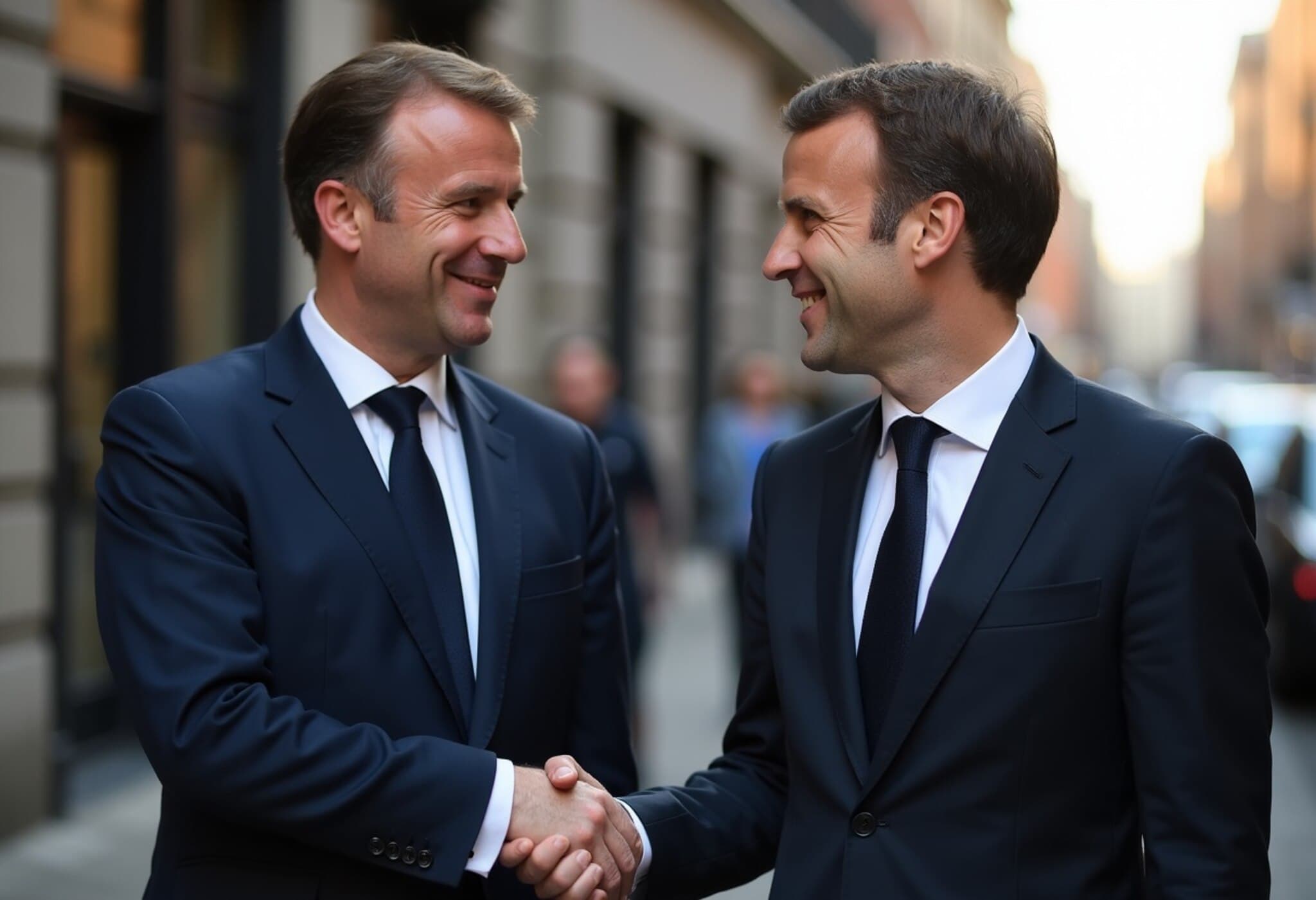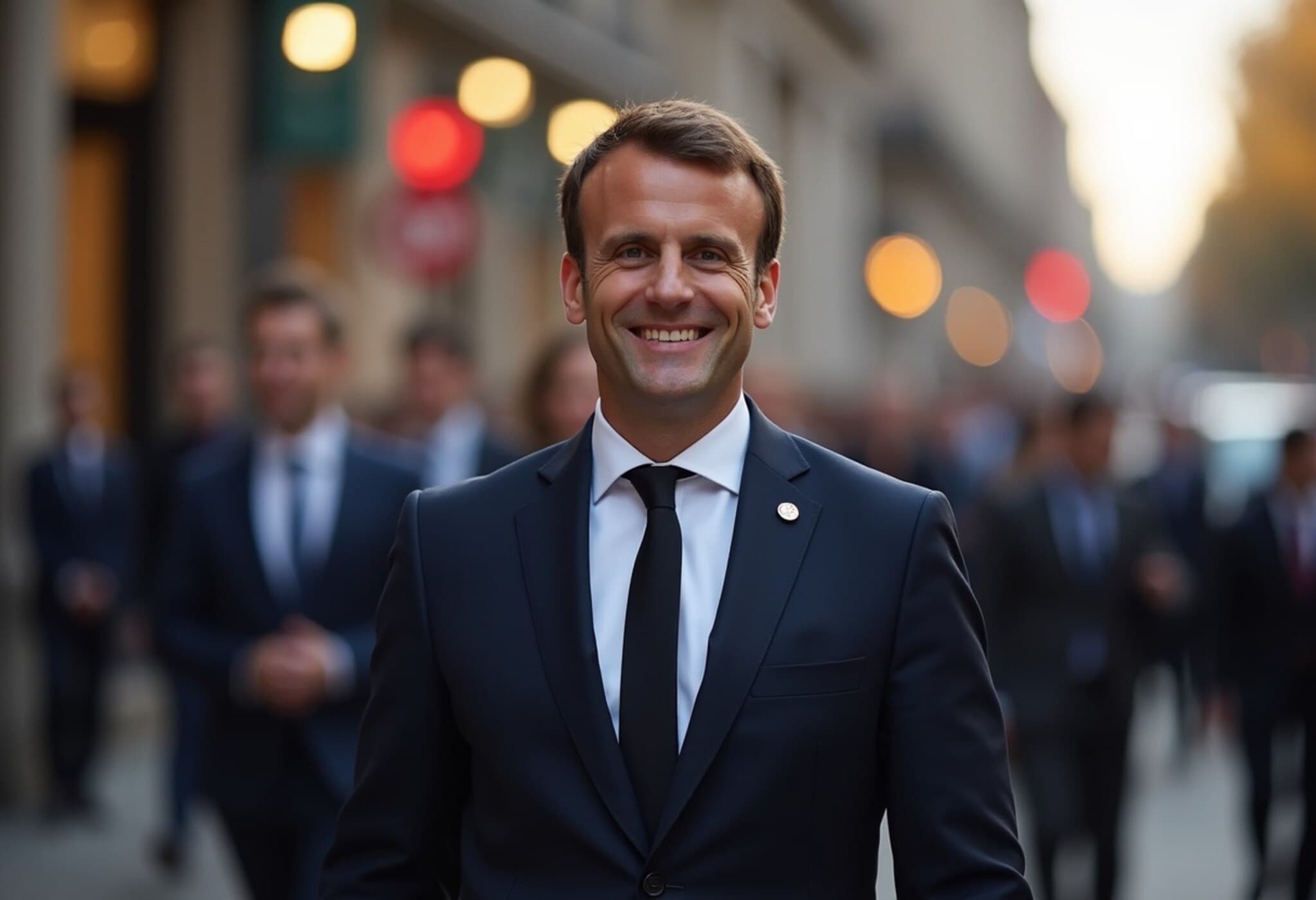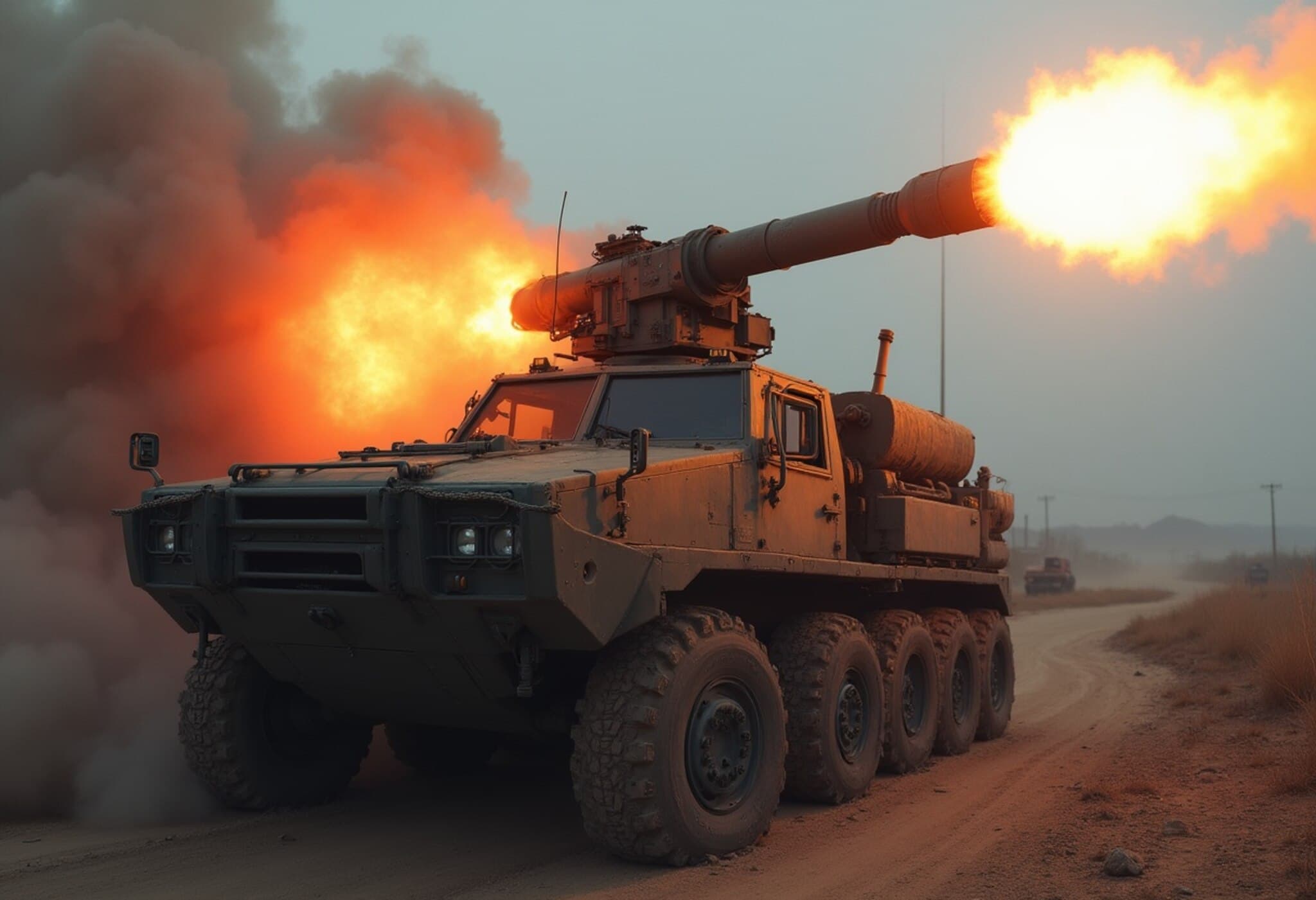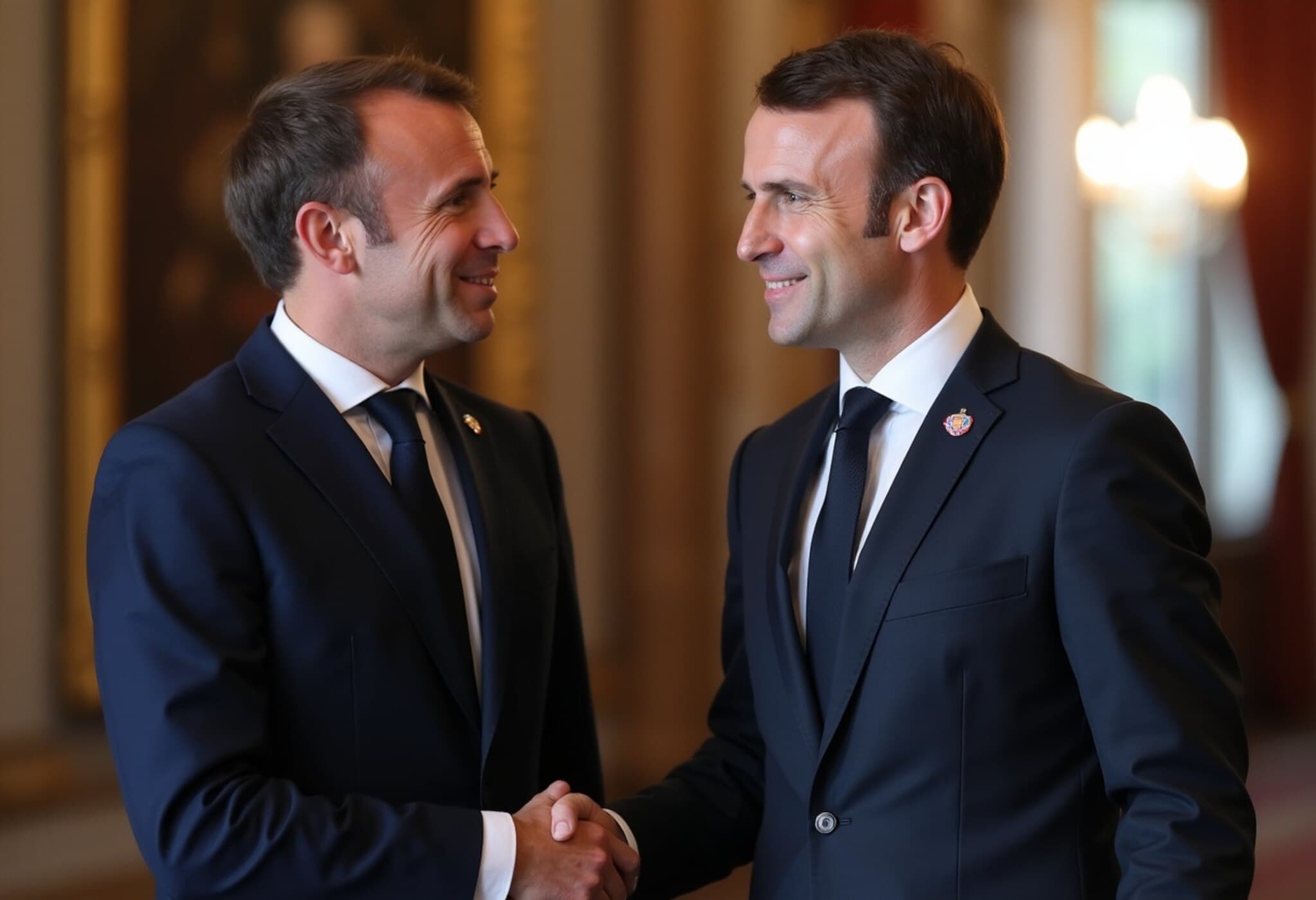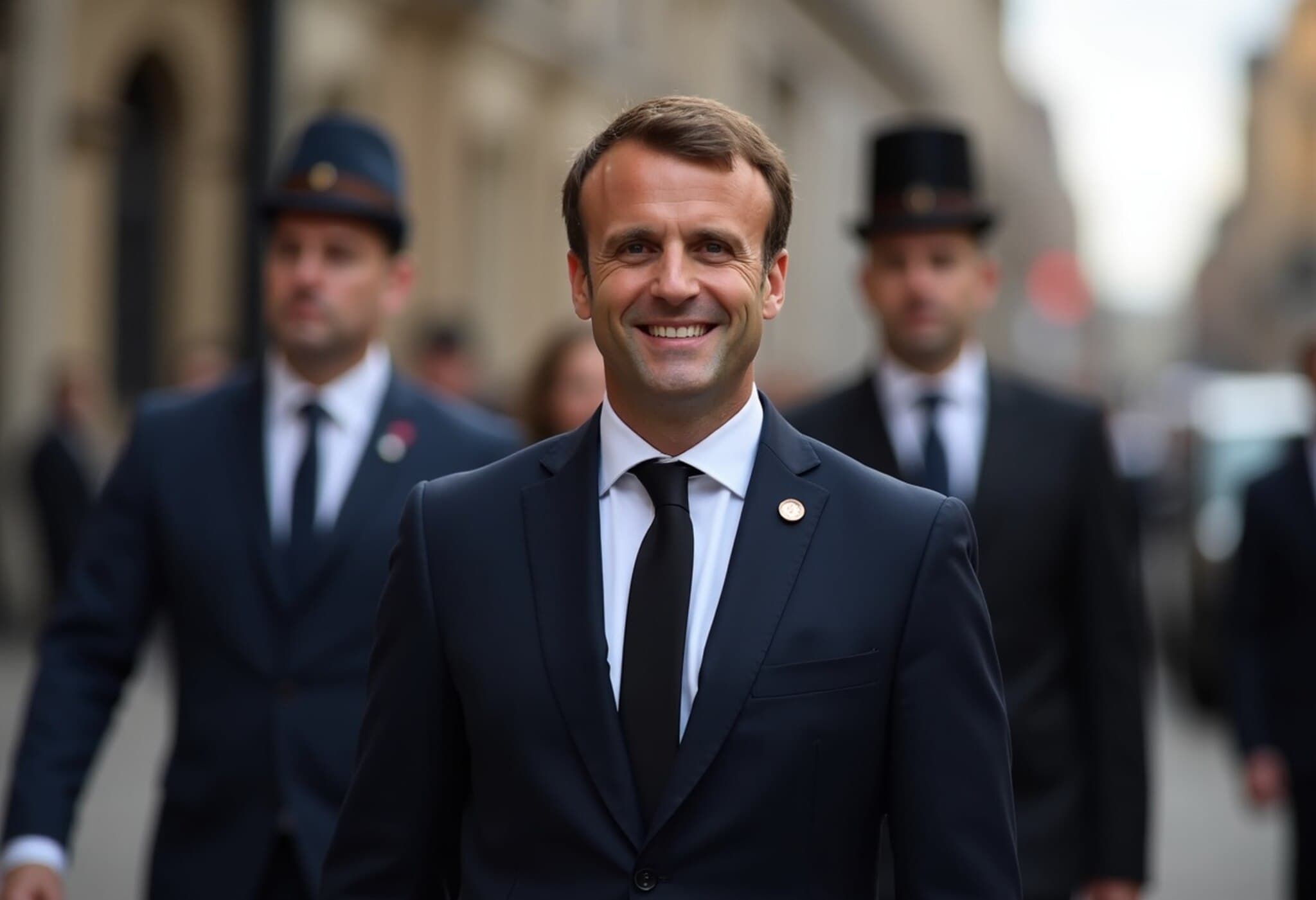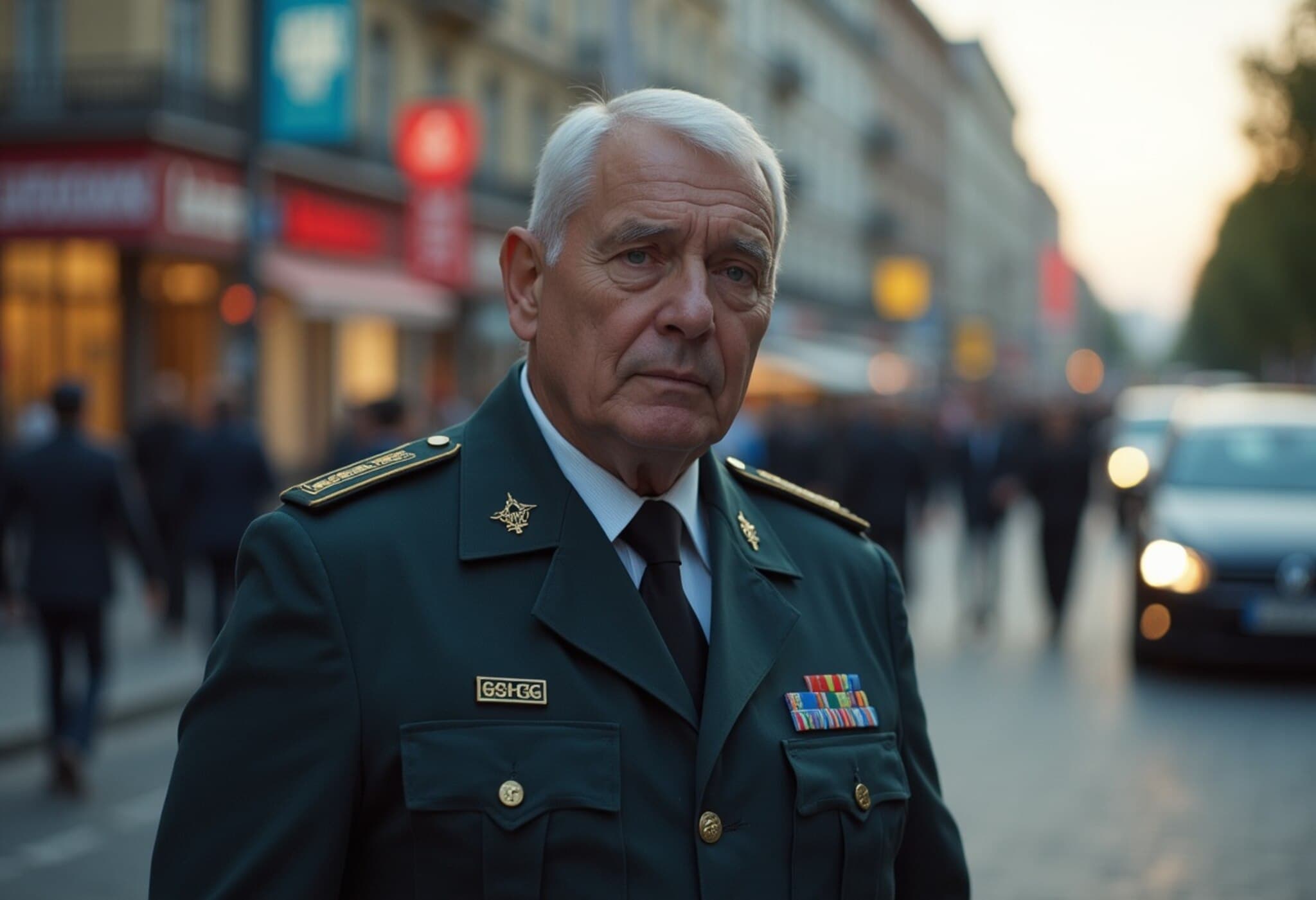UK and France Unveil ‘One In, One Out’ Migration Agreement
In a high-profile diplomatic moment, British Prime Minister Keir Starmer and French President Emmanuel Macron announced a landmark migration deal aimed at managing the escalating flow of migrants crossing the English Channel. This “one in, one out” scheme stipulates that the UK will return undocumented migrants arriving from France in small boats, while simultaneously accepting an equivalent number of asylum seekers with verified family connections in Britain.
Unveiled during Macron’s three-day state visit to the UK, which included a ceremonial procession with King Charles and a grand state banquet, this agreement marks a significant step in British-French cooperation amid a challenging political climate at home for Starmer. Facing pressure from rising populist factions like Reform UK, led by Nigel Farage, Starmer’s government is signaling a tougher stance on irregular migration.
Details and Challenges of the Migration Deal
According to official sources cited by Reuters, the pilot program aims to facilitate roughly 50 returns to France per week — approximately 2,600 annually. While this number is substantial, it represents only a fraction of the over 35,000 migrants who arrived via small boats last year alone, with current 2025 figures already exceeding 21,000 for the year to date.
Starmer framed the scheme as a decisive deterrent: “Migrants arriving in small boats will be detained and returned to France in short order,” he said, emphasizing the message that dangerous crossings will no longer succeed.
However, skepticism remains about the deal’s sufficiency. Labour MP Fabian Hamilton voiced doubts, warning the policy may fall short of curbing the broader migration challenge.
Political and Social Context
From Macron’s perspective, the deal is a balancing act. It risks ire from French right-wing critics unhappy with the responsibility of accepting returned migrants, yet underscores Paris’ commitment to collaboration despite Brexit-related tensions.
Macron openly criticized Britain’s post-Brexit immigration strategy, noting that promises to enhance control over illegal migration have largely failed to materialize. He urged the UK to address the wider “migration pull factors,” highlighting the necessity of making illegal employment harder to obtain for undocumented migrants.
Starmer echoed this view by underscoring a nationwide crackdown on illegal working, describing it as a crackdown on an “unprecedented scale,” aimed at reducing employment opportunities that attract irregular migrants.
Defence and Ukraine Cooperation Deepens
The summit extended well beyond migration. Both leaders fortified their defence partnership, signaling strengthened Franco-British ties sorely needed after years of political drift post-Brexit.
A particularly notable outcome was their commitment to enhanced nuclear collaboration and a joint purchase of more Storm Shadow cruise missiles, sophisticated weapons currently deployed in Ukraine’s ongoing conflict.
Starmer and Macron also embraced leadership roles in supporting Ukraine, agreeing that Paris would serve as the initial headquarters for the “coalition of the willing,” a group of nations dedicated to assisting Ukraine in case of a ceasefire with Russia. The coalition’s mission focuses on rebuilding Ukraine’s land forces, securing its airspace, and maintaining safe maritime routes.
In a call involving U.S. envoy Keith Kellogg, Starmer stressed the delicate balance of pushing Russian President Vladimir Putin toward peace talks while ensuring Ukraine remains militarily robust, highlighting the broader geopolitical significance of their alliance.
A Renewed Focus on Transnational Security
Starmer summarized the strategic imperative: “Supporting Ukraine is not just the right thing to do, it’s essential for delivering security at home.” The joint defence and migration agreements signal a broader commitment to restore and modernize UK-France relations, particularly in areas of national security.
Experts note that these developments can be interpreted as a pragmatic bid to repair fences frayed by Brexit and shifting global dynamics, reinforcing the indispensable nature of Anglo-French cooperation in an uncertain world.
Looking Ahead: What Does This Mean?
- Migration Management: The pilot’s scalability will be closely watched — can the “one in, one out” model handle rising pressures without creating humanitarian or legal pitfalls?
- Political Ramifications: Will Starmer’s intensified approach satisfy his domestic critics, or could it provoke further polarization?
- Defense and Security: The nuclear cooperation and Ukraine support represent a strategic hedge against growing authoritarianism in Europe.
- European Relations: This rapprochement may influence wider UK-EU interactions, potentially serving as a template for future security and migration diplomacy.
Expert Commentary
Dr. Helen Roberts, a security analyst at the International Institute for Strategic Studies, underscores the importance of the agreement in the current geopolitical context: “This is more than a migration deal — it’s a statement that UK-France relations remain central to European stability. By linking migration control with deeper defence cooperation and Ukraine assistance, both nations are signaling unified resilience in the face of growing regional challenges.”
Meanwhile, migration policy experts caution that without complementary reforms on legal pathways for asylum, enforcement alone risks pushing vulnerable migrants into even more dangerous crossings.
Editor’s Note
The Starmer-Macron migration and defence agreements are timely reflections of complex transnational challenges confronting Europe. While the headline “one in, one out” policy spells deterrence, it invites us to consider deeper questions: How can governments balance humane asylum policies with the practical demands of border security? Will intensified military cooperation produce lasting peace, or merely fortify frontlines? As these narratives unfold, readers should watch for not only the diplomatic headlines but also the lived realities of migrants and the political undercurrents shaping Europe’s future.

